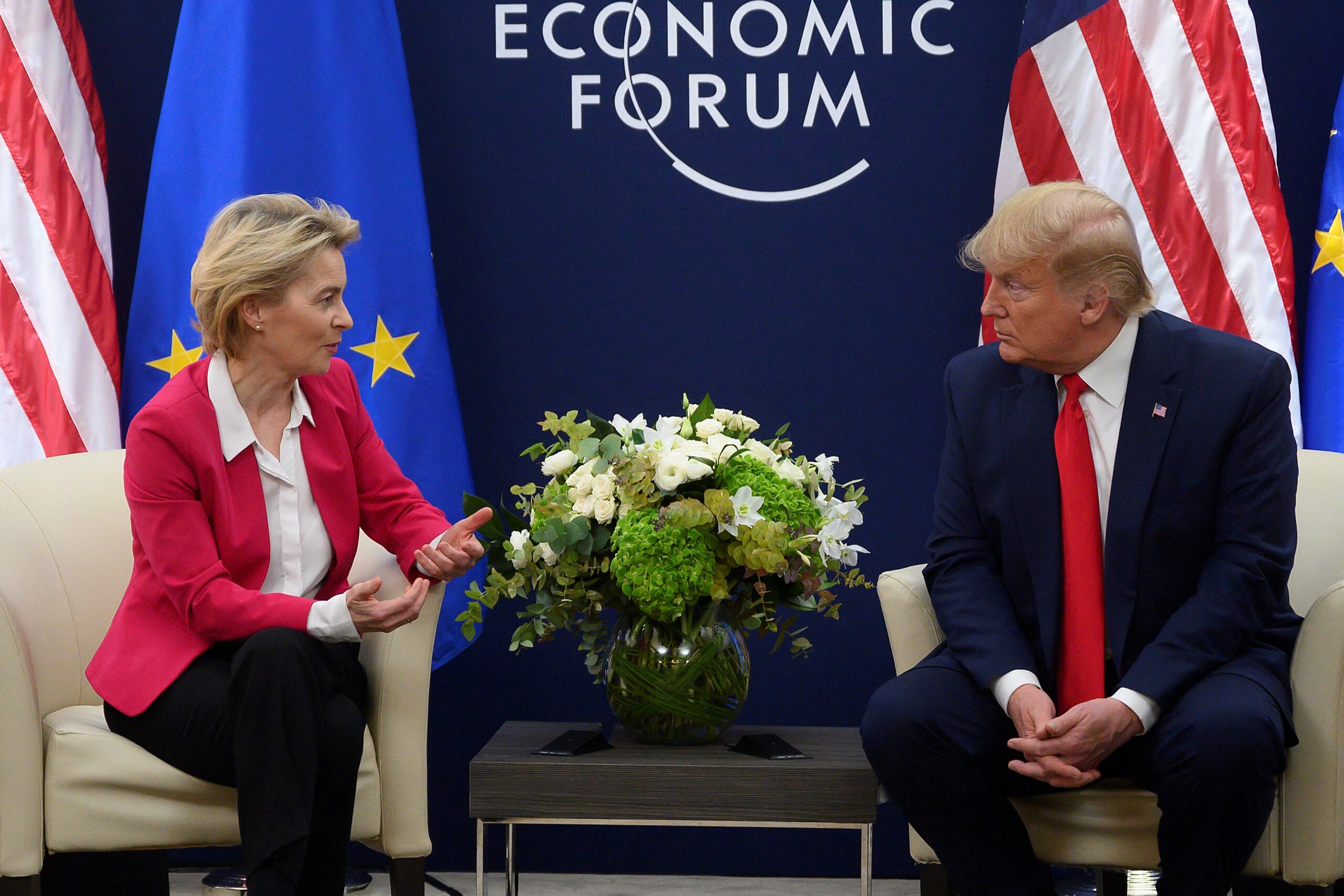US President Donald Trump has consented to postpone the deadline for tariff negotiations with the European Union from 1 June to 9 July, following his warning that he could impose a 50% levy on most EU imports.
In May, Trump initially announced a 20% import tax on a broad range of European goods, later reducing it to 10% to allow time for talks. On Friday, frustrated by slow progress, he threatened to more than quadruple that rate by next month.
Over the weekend, he tweeted that after a “very productive” call with European Commission President Ursula von der Leyen, he would move his deadline back to 9 July. Von der Leyen similarly described the discussion as positive and stated that the EU “stands ready to advance talks swiftly and decisively,” noting that a July 9 timeline was necessary “to achieve a satisfactory agreement.”
By accepting this new date, Trump essentially reinstated a timeline close to the one he had set before threatening the 50% tariff. Earlier, he had given both sides until 8 July to reach terms.
Trump has frequently criticised the US–EU trade balance as unfair, despite the EU being one of America’s top trading partners. According to US government figures, the bloc exported over $600 billion in goods to the US last year, while the US exported $370 billion to Europe.
The president contends that his broad tariff programme will bolster US manufacturing and safeguard jobs. However, economists warn that such import taxes could disrupt global markets and raise costs for American consumers. Tariffs are duties imposed on foreign goods, paid by the importers.
Key points of contention include automobiles and agricultural products. Although some levies were temporarily suspended to facilitate discussions, a 25% duty on EU steel and aluminium remains in effect.
Speaking on Friday at the White House, just hours before new talks were due to begin, Trump reiterated his intention to hike tariffs to 50% if no agreement is reached by 1 June, underlining his impatience with the process.
EU Trade Commissioner Maroš Šefčovič responded that the bloc is “fully engaged and committed to securing a mutually beneficial deal,” adding that EU–US trade “must be based on mutual respect, not threats.” He spoke after conferring with US Trade Representative Katherine Tai and Commerce Secretary Gina Raimondo.
The EU had threatened retaliatory measures of its own—planning 25% duties on €18 billion of US exports—but placed these on hold. It is also consulting on further countermeasures covering up to €95 billion worth of US goods.
Meanwhile, leaders in Paris and Berlin have urged against further escalation, warning that any tariff increase would damage both economies and calling instead for a diplomatic resolution.







